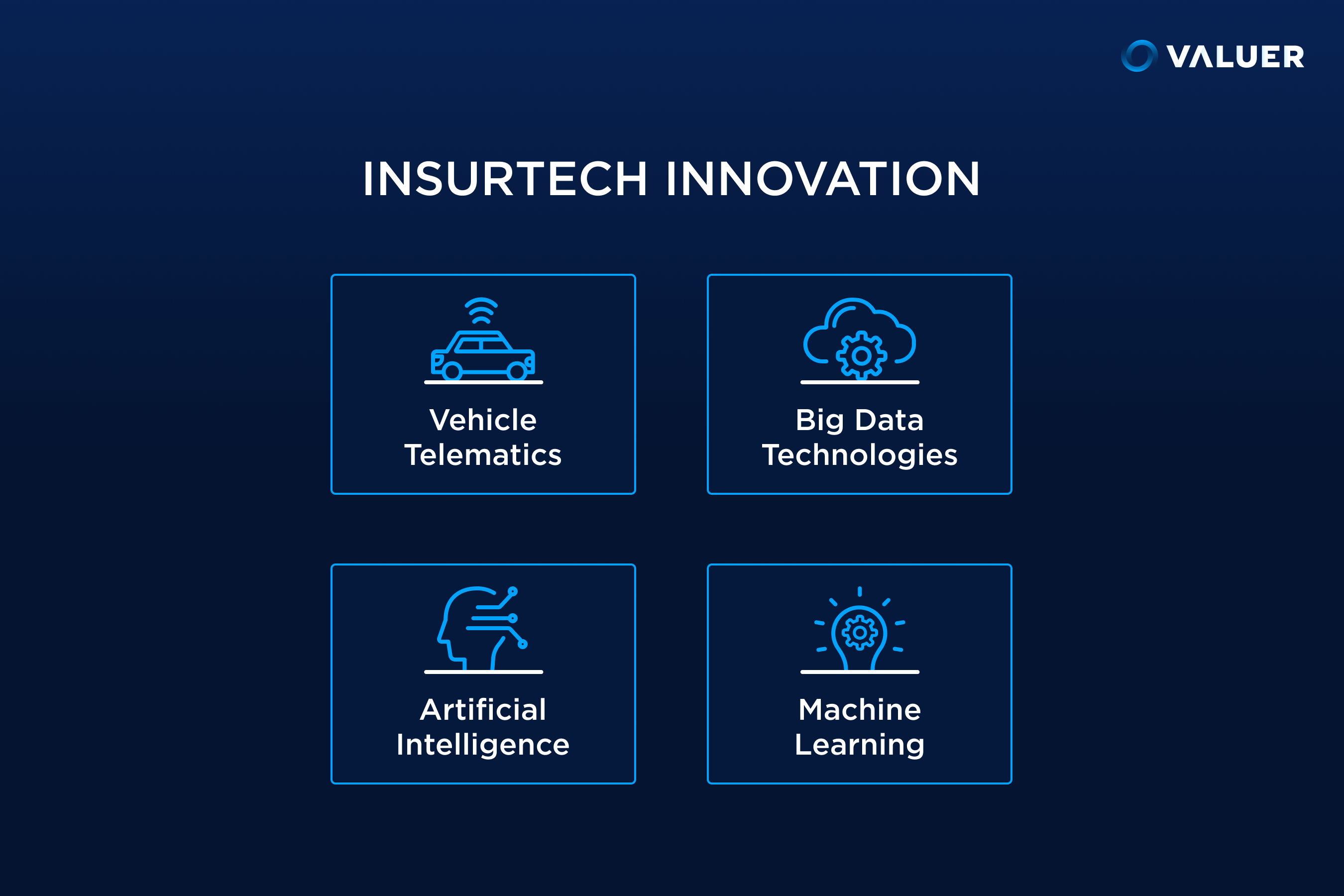AI in insurance: balancing the symbiotic relationship of innovation and regulation
Today, the significance of artificial intelligence (AI) and machine learning (ML) is widely acknowledged, particularly with the advancements in technologies such as Open AI and ChatGPT. Industries across the board have embraced AI, including the traditionally slow-moving insurance sector. While insurance companies have been hesitant to move away from their legacy systems, the need to innovate and stay competitive has driven them to adopt technologies like AI and Generative AI.
The role of AI in insurance
AI has revolutionized the insurance sector, especially in areas like embedded insurance, where automation has led to quicker payouts and improved accuracy. However, like any technology, AI comes with its own set of challenges, such as bias. Efforts are being made to regulate the use of AI in order to strike a balance between fostering innovation and preventing misuse.

Efficient AI solutions in insurance
Research shows that AI-driven identity fraud is on the rise, posing challenges for fraud prevention professionals. Despite these risks, AI offers solutions to combat fraud and enhance market resilience. AI-powered systems can analyze real-time data to detect and prevent fraudulent activities, minimizing false claims and identity theft.
Embedded insurance, which integrates insurance services into third-party platforms, stands to benefit greatly from AI. By leveraging AI's data processing capabilities, insurance providers can offer more accurate pricing, develop precise risk models, and streamline policy assessments.

Responsibility in AI implementation
While AI brings numerous benefits, there are concerns around bias and social responsibility. Biased training data can lead to flawed outcomes, especially in sensitive areas like underwriting. It is essential for organizations to strike a balance between human judgment and AI capabilities to avoid unchecked biases.
Regulatory bodies are working on guidelines for responsible AI usage in the insurance industry. However, excessive regulation could impede innovation and hinder the digital transformation of markets. Finding the right balance is crucial to ensure that AI continues to enhance customer experience without compromising on safety.
The future of AI in insurance
The future of insurance will be shaped by AI, with insurtechs expanding into new markets such as smart homes. By tailoring insurance products to meet specific needs and leveraging emerging technologies, insurers can attract a broader customer base and stay competitive in a rapidly evolving landscape.

As AI becomes more integrated into the insurance industry, finding the balance between innovation and regulation will be key to driving sustainable growth and meeting the evolving needs of customers.




















